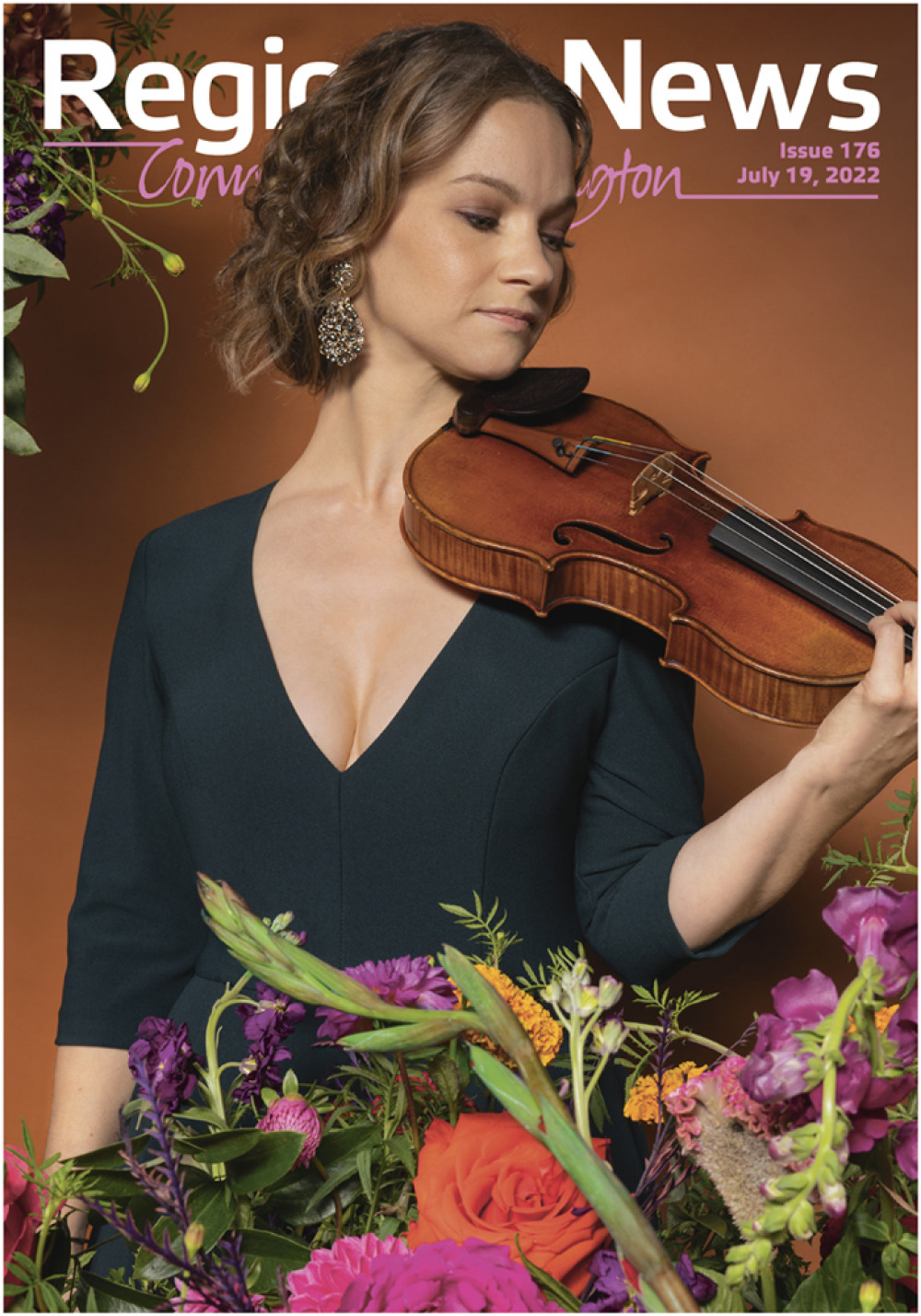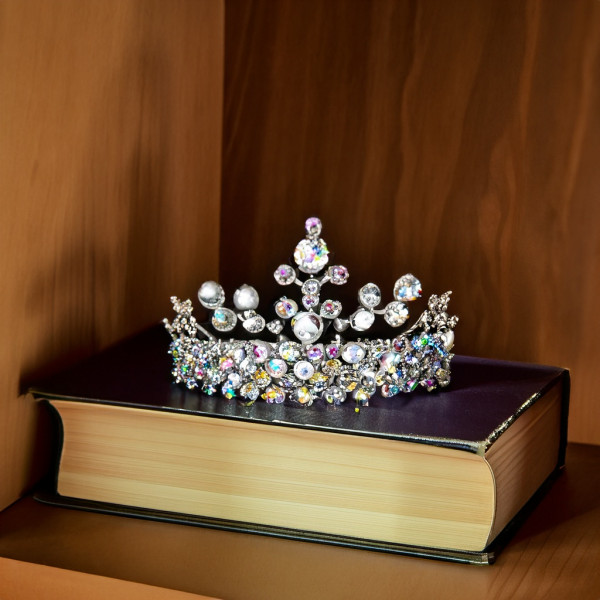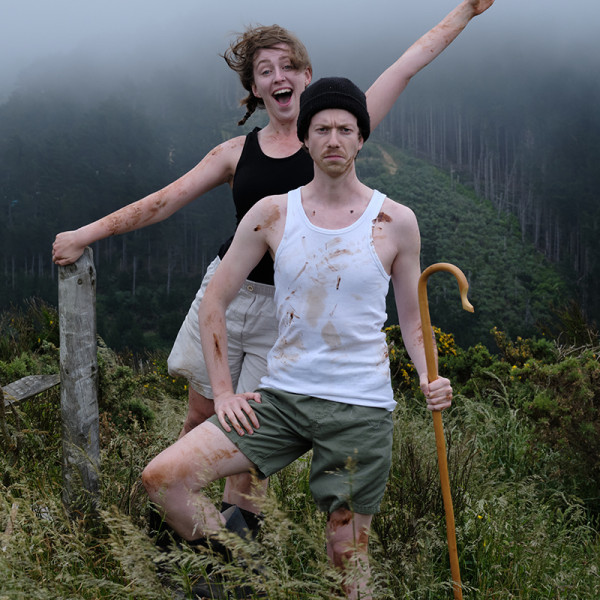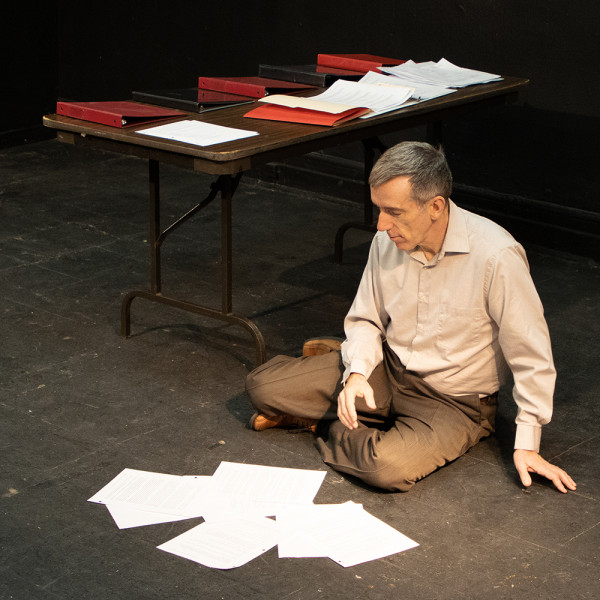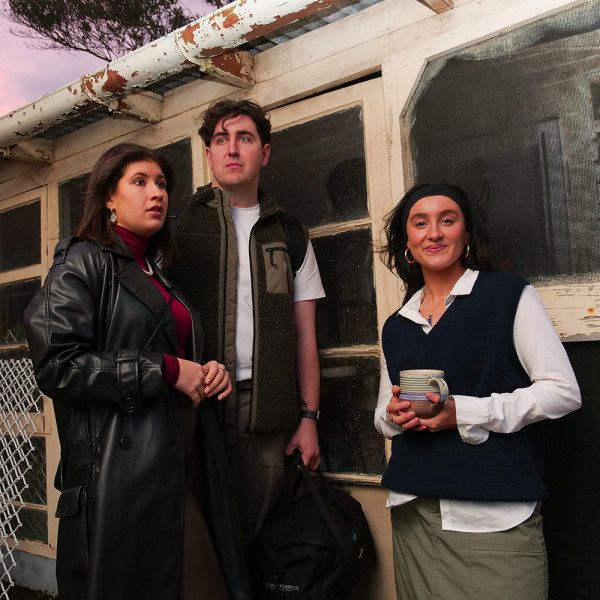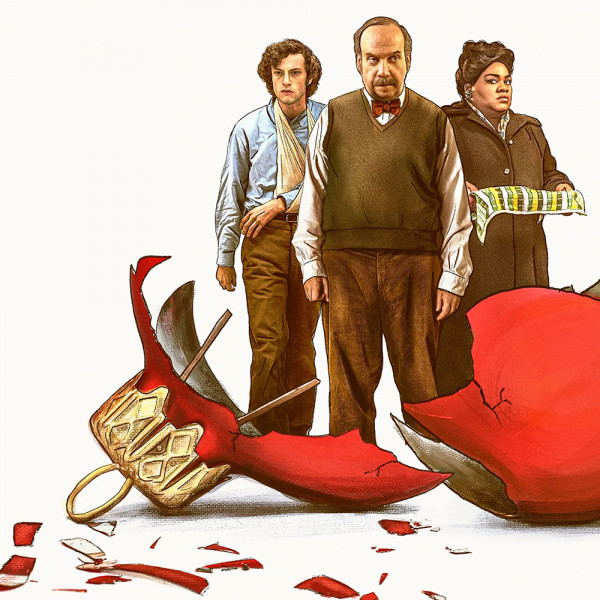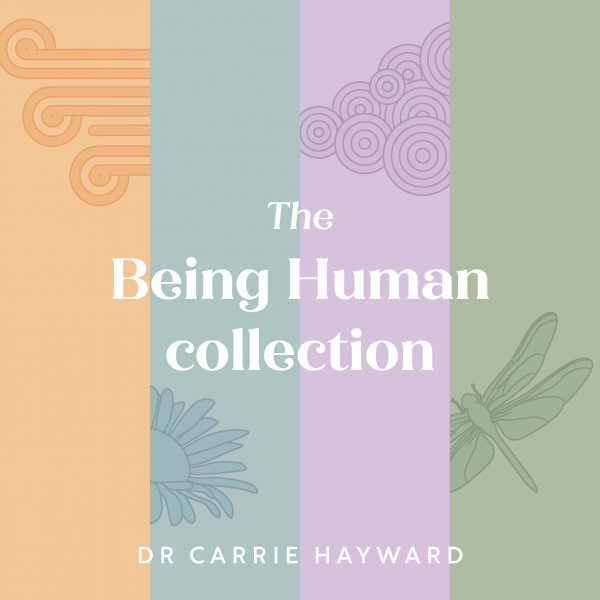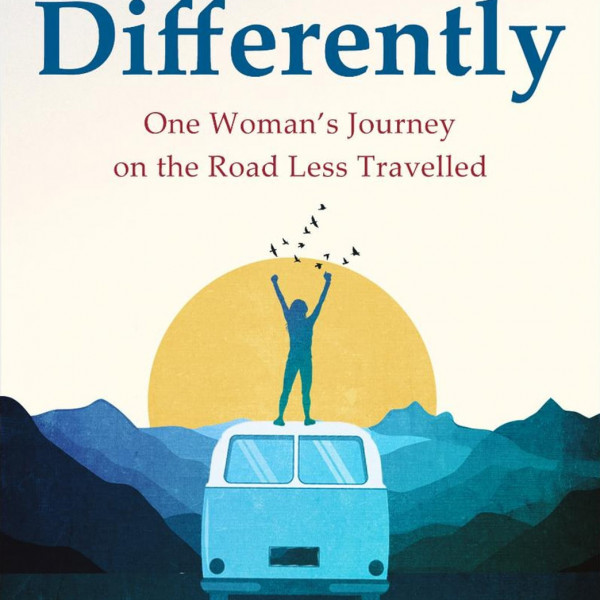
A capacity crowd including many decades-long fans paid Homme-age to Josh and the band at an extremely hot TSB Arena. Queens of the Stone Age’s world tour supports their acclaimed eighth studio album In Times New Roman, but with an extensive catalogue spanning nearly 30 years, only five new songs out of a total of 19 were played.
The soothing background music was in stark contrast to the band’s concert opener Regular John, featuring the blistering guitars of Josh Homme, longtime bandmate Troy Van Leeuwen, and keyboardist/guitarist Dean Fertita. The rocking No One Knows followed and had the crowd pumped and trying to sing the roof off!
The highly interactive Homme had his adoring fans in the palm of his hand with a good-humoured call-and-response of “F… You” – offending no-one in this audience. Emotion Sickness, featuring Michael Shuman’s slick bass and gorgeous falsetto harmonies with Van Leeuwen, had the crowd clapping in time to the acapella chorus.
Despite the occasional cigarette on stage, Homme’s vocals were impressive in range and quality! Time & Place had the band joyously jumping and dancing around the stage. Homme was mesmerising, at times just focusing on his vocal performance with his arms waving in the air, at others staggering around the stage playing searing guitar solos. A frontman at the top of his game, he gave special praise to monster drummer Jon Theodore, whom he said was “puking his guts out with food poisoning yesterday!”
Make It Wit Chu, with the crowd singing the chorus, and Homme’s effortless falsetto segueing into The Rolling Stones’ Miss You, was a highlight – but this was a concert of too many highs, and songs, to mention.
Little Sister finished the set, but the raucous crowd wasn’t finished yet. Encores Go With The Flow and the haunting Song For The Dead, featuring a thunderous drum solo, closed the show.
The triangle-shaped lighting rig encompassing the band on stage was visually stunning, and the sound balance also impressive. The End Is Nero Tour? Simply superb.



